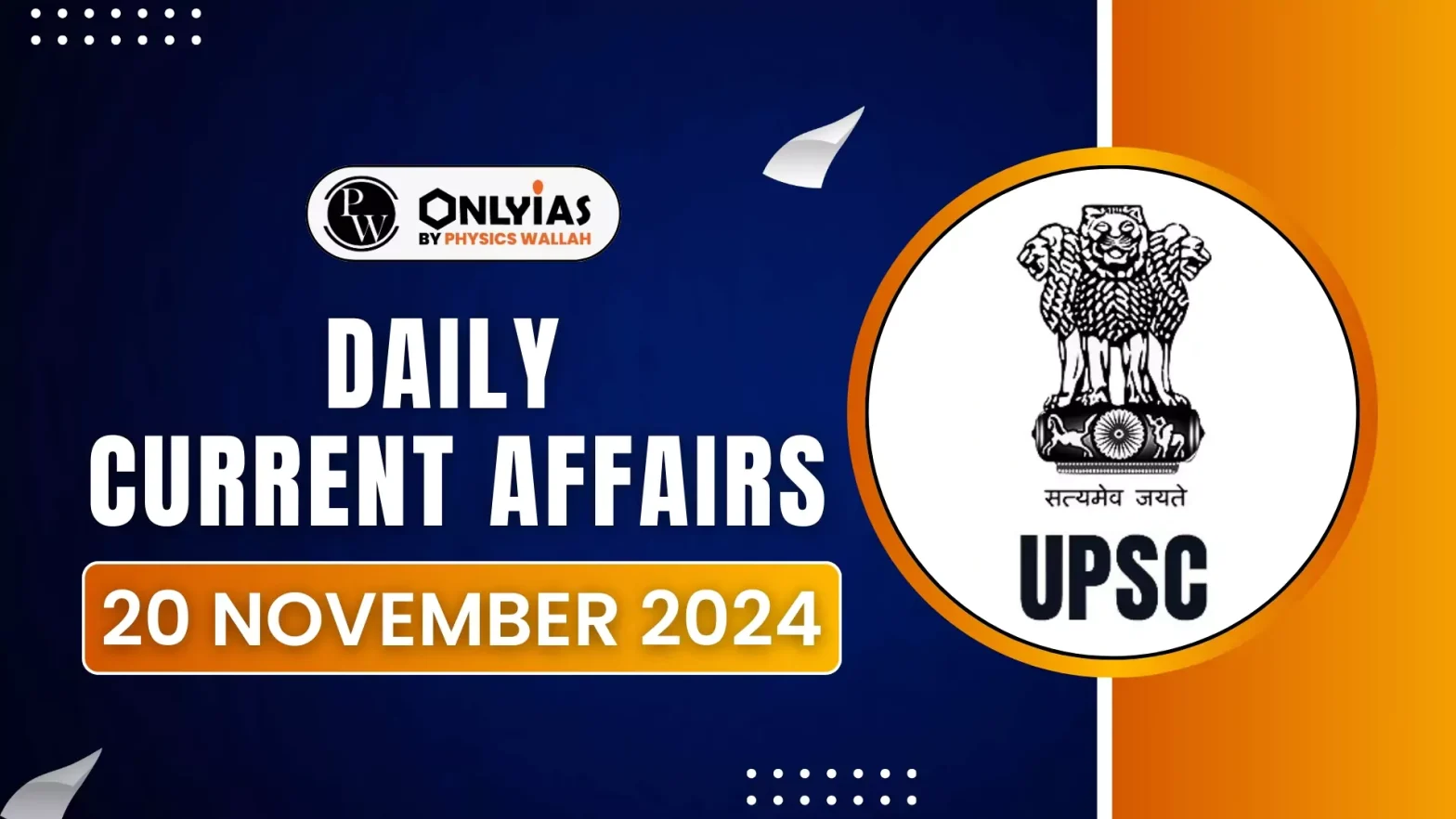The Ministry of Finance revised guidelines for capital restructuring by CPSEs.
Key Highlights of the Revised Capital Restructuring Guidelines
- Dividend Payment Mandate: All CPSEs (Central Public Sector Enterprises) are required to pay a minimum annual dividend of 30% of net profit (PAT) or 4% of net worth, whichever is higher.
- For financial sector CPSEs (e.g., NBFCs), the minimum dividend is 30% of PAT, subject to legal provisions.
- Buyback Option: CPSEs with a net worth exceeding ₹3,000 crore, a cash and bank balance above ₹1,500 crore, and a market price consistently below book value for six months, may consider a share buyback to enhance shareholder value.
- Bonus Shares: CPSEs whose reserves and surplus are 20 times or more than their paid-up equity capital are encouraged to issue bonus shares.
- Share Splits: Listed CPSEs, where the market price exceeds 150 times the face value of shares consistently for six months, may consider splitting shares.
- A cooling-off period of at least three years is mandated between two successive share splits
Enroll now for UPSC Online Course
About Department of Investment and Public Asset Management (DIPAM)
- DIPAM deals with all matters relating to management of Central Government investments in equity including disinvestment of equity in Central Public Sector Undertakings.
- Ministry: DIPAM, as a department under the Ministry of Finance, primarily submits its reports and recommendations to the Ministry of Finance.
- Objective of DIPAM:
- To maximise value realisation from Central Government investments.
- To improve public financial management.
- To promote efficient management of public assets.
- Key Functions of DIPAM:
- Strategic Disinvestment: Transferring ownership and control of public sector enterprises to private entities.
- Minority Stake Sales: Selling a portion of the government’s stake in public sector enterprises.
- Asset Monetization: Monetizing government assets to generate revenue.
- Capital Restructuring: Restructuring the capital structure of public sector enterprises.
- Other Functions:
- Managing Central Government investments in equity.
- Advising on public enterprise policy matters.
- Facilitating joint ventures and strategic partnerships.
- Structure: DIPAM is headed by a Secretary to the Government of India.
About Disinvestment
- Disinvestment in India refers to the government’s strategy of selling off its stake in public sector enterprises (PSEs).
- The primary goals of disinvestment are:
-
- Fiscal Consolidation: Raising revenue for the government.
- Improving Efficiency: Introducing private sector efficiency and competition.
- Reducing Fiscal Burden: Reducing the government’s financial burden on PSEs.
- Public Participation: Encouraging public participation in ownership.
There are two main types of disinvestment
- Strategic Disinvestment: This involves selling a substantial portion or the entire government stake in a CPSE, along with the transfer of management control to a private buyer.
- Minority Stake Sale: This involves selling a portion of the government’s stake in a CPSE without transferring management control.
- This can be done through methods like Initial Public Offerings (IPOs), Offer for Sale (OFS), or buybacks.
Recent Trends In Disinvestment
- The government has been actively pursuing disinvestment to achieve fiscal targets.
- Focus on strategic disinvestment of non-core CPSEs.
- Increased emphasis on minority stake sales through IPOs and OFSs.
Check Out UPSC CSE Books From PW Store
Different Departments and Responsibilities under the Ministry of Finance
| Department |
Key Roles and Responsibilities |
| Department of Investment and Public Asset Management (DIPAM) |
- Management of disinvestment and asset monetization.
- Functions include:
- Strategic disinvestment (transfer of ownership/control to private sector).
- Minority stake sales.
- Capital restructuring of public sector entities.
- Renamed as DIPAM on 14th April 2016.
|
| Department of Economic Affairs |
- Formulation of fiscal policy.
- Preparation and presentation of the Union Budget, including the Railway budget.
- Budgeting for Union Territories without legislature and states under President’s rule.
|
| Department of Expenditure |
- Overseeing the public financial management system in the Central Government.
- Matters related to state finances.
- Implementation of Finance Commission and Pay Commission reports.
|
| Department of Financial Services |
- Implementation of schemes for financial inclusion.
- Focuses on banking, insurance, and pension sectors to ensure access to financial services for all.
|
| Department of Public Enterprises |
- Administration, financial health monitoring, and performance evaluation of CPSEs.
- Confers ‘Ratna’ status to profit-making CPSEs.
- Formerly under the Ministry of Heavy Industries; shifted to Finance Ministry in July 2021.
|
| Department of Revenue |
- Administration of taxation matters through:
- Central Board of Direct Taxes (CBDT): Manages Income Tax.
- Central Board of Indirect Taxes and Customs (CBIC): Handles GST, Customs, and Excise (formerly CBEC before 2018).
- Attached offices: Enforcement Directorate (ED) (implements PMLA and FEMA) & Central Bureau of Narcotics.
|
![]() 20 Nov 2024
20 Nov 2024
